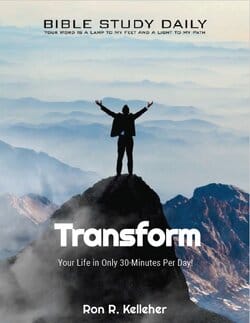What I Noticed Today (Matthew 18-20)
Matthew 18
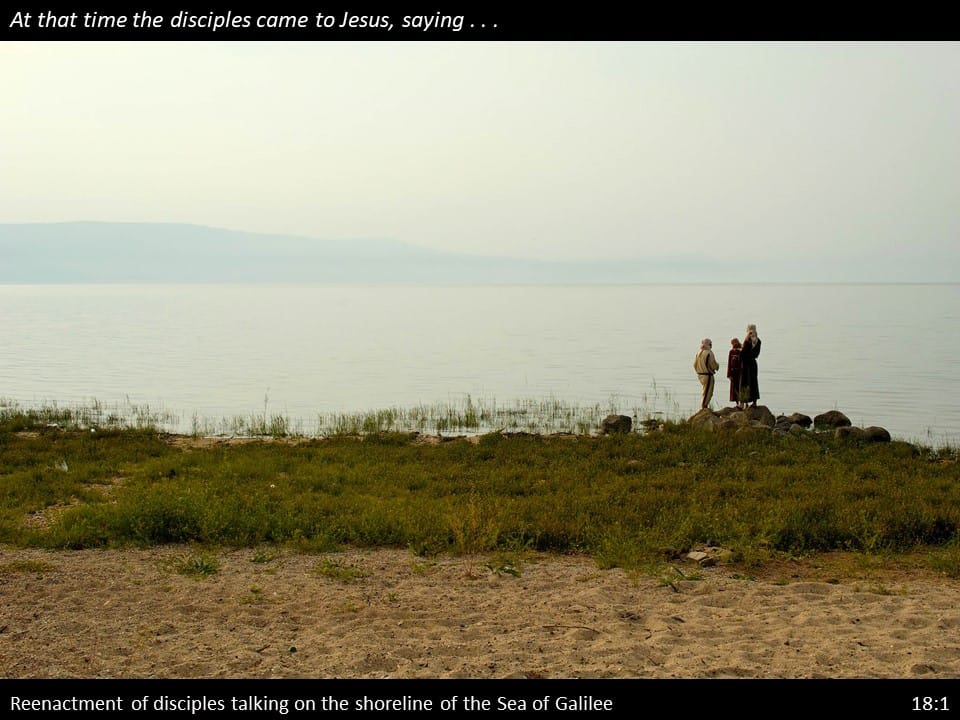
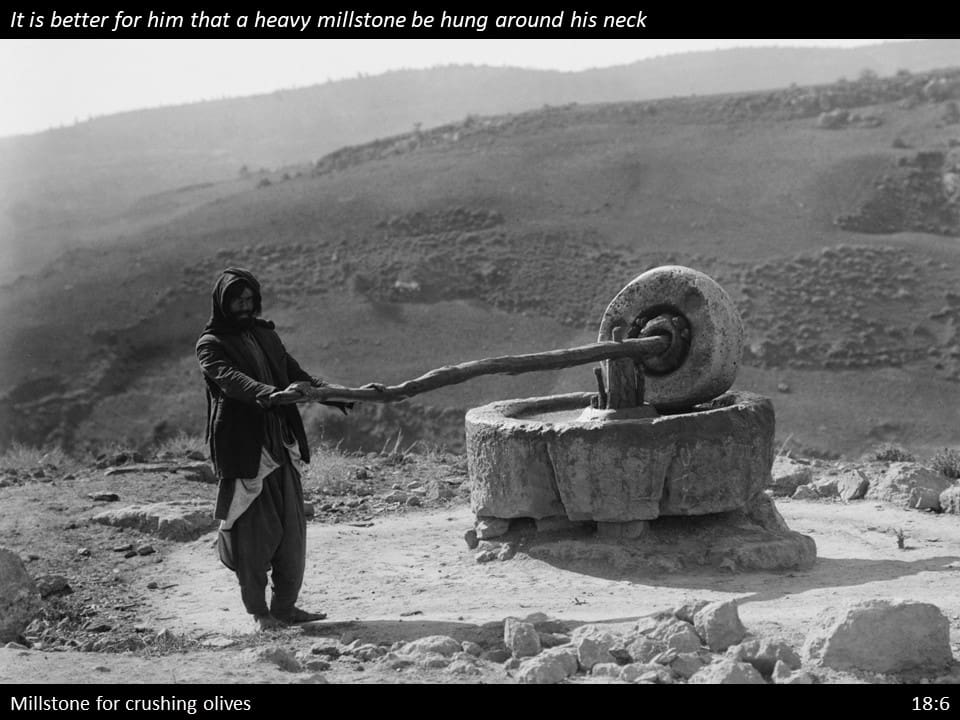
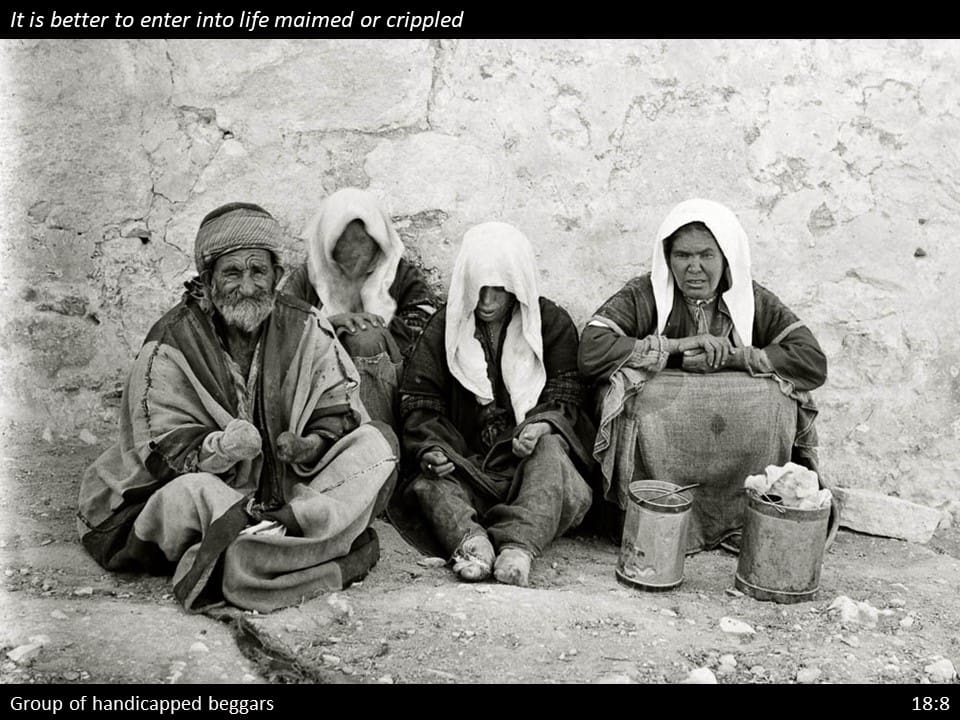


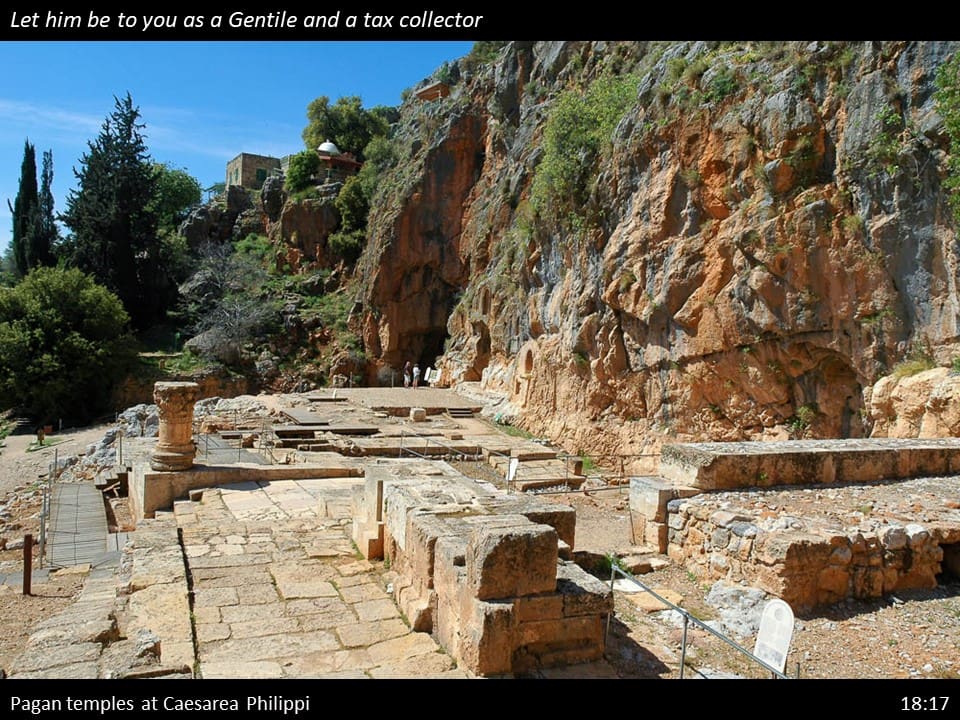
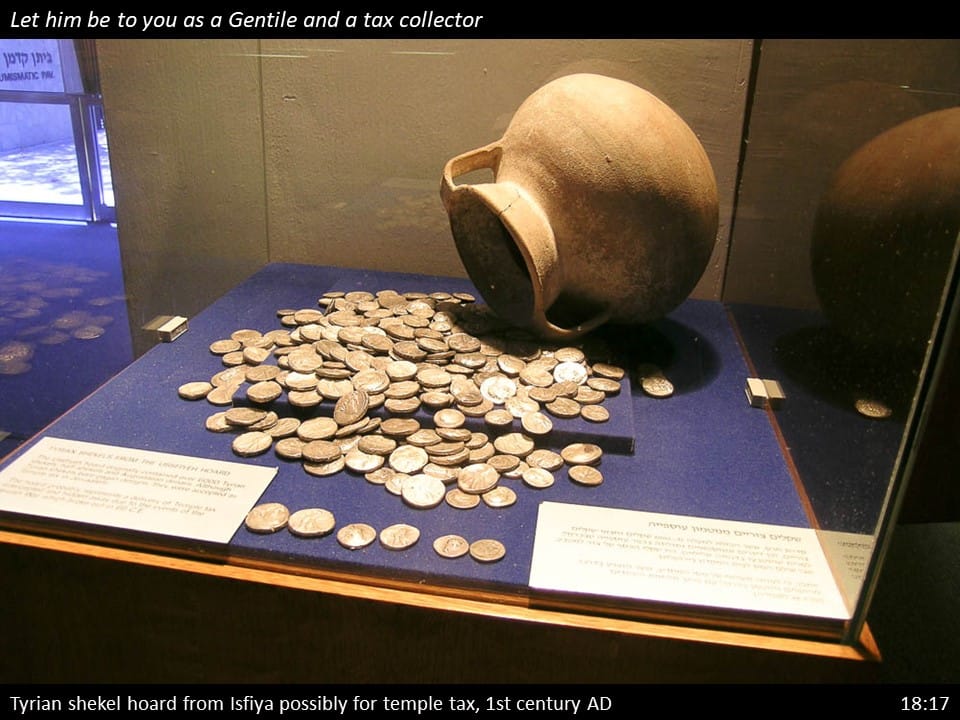
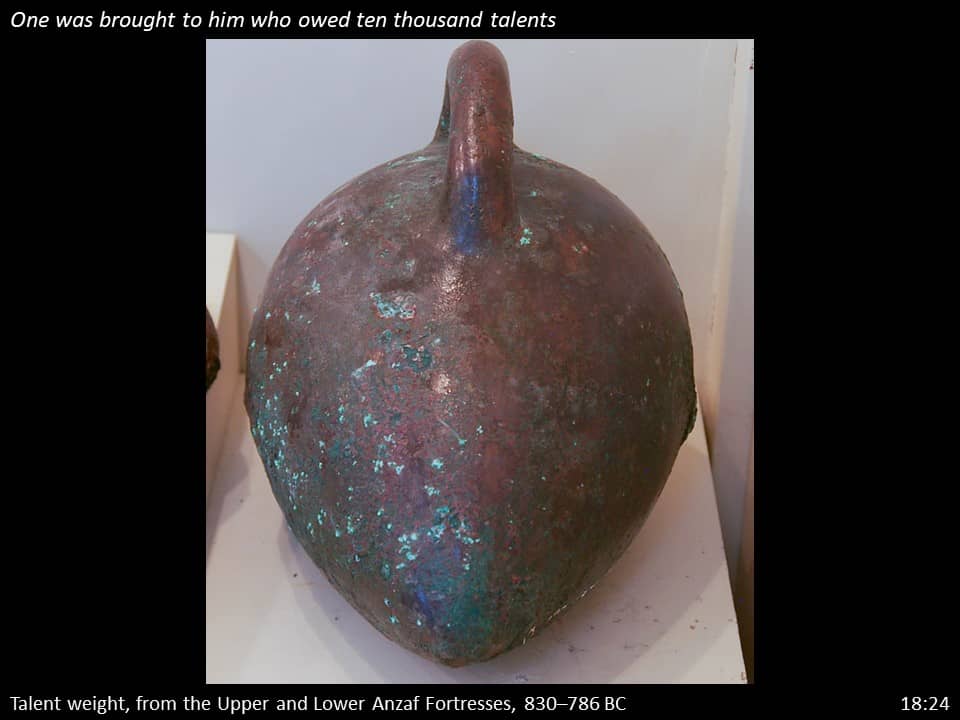
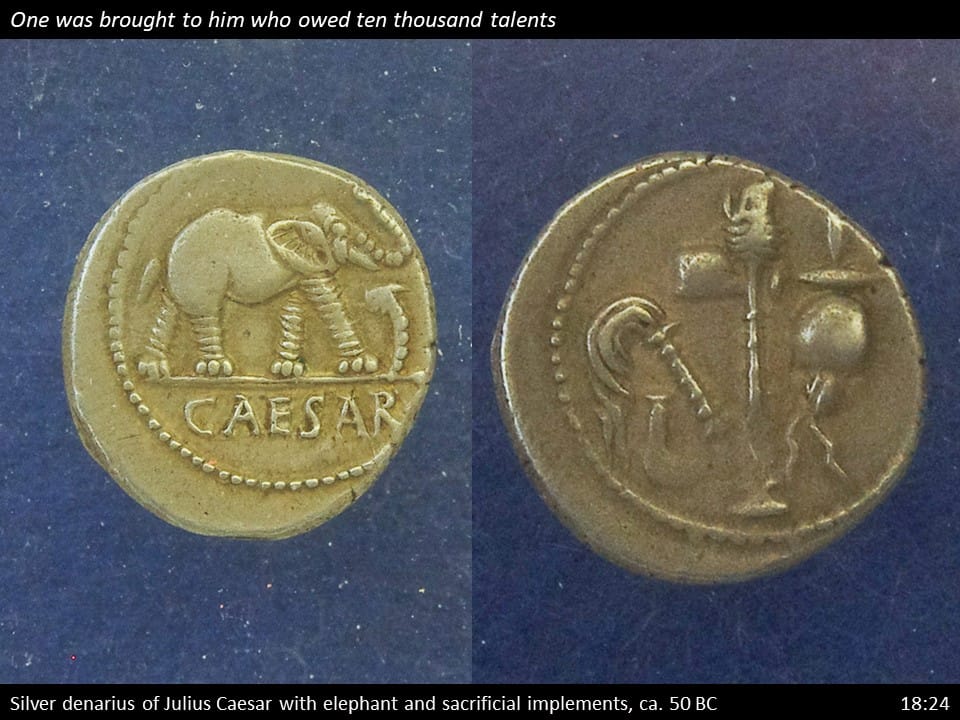
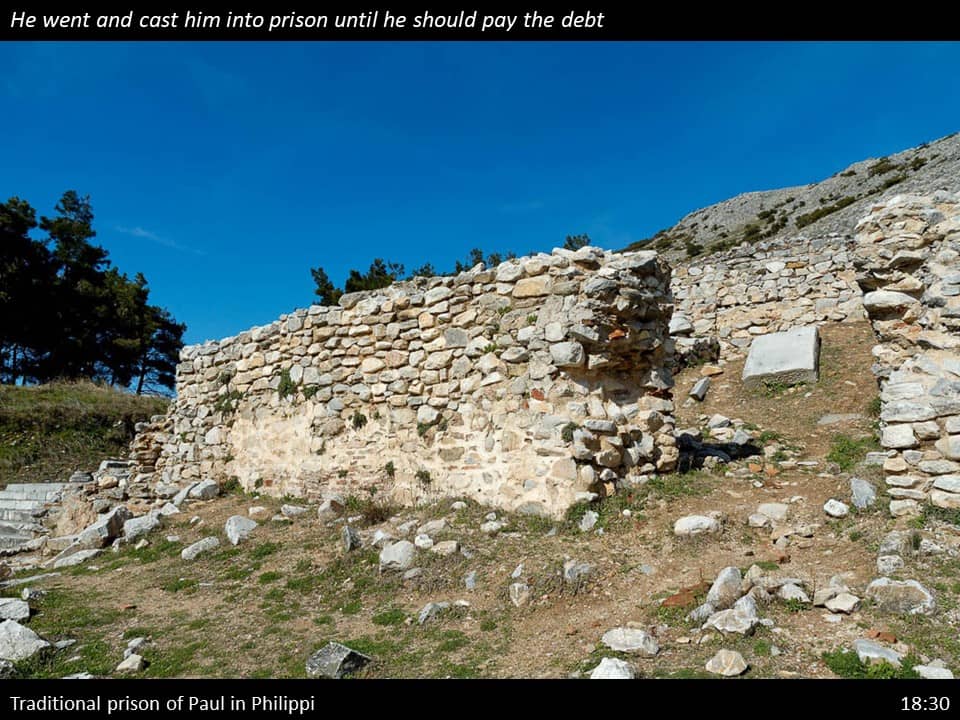
In verses 1-6, while still in Capernaum, the disciples asked Jesus who would be the greatest in the kingdom of heaven. Jesus responded, saying one must have the humility of a child to be great in heaven.
Note: The disciple’s pride drove them to be concerned with position and power (the same problem as the scribes and Pharisees). Greatness in heaven comes from being humble and willing to serve those in need.
Note: In verses 7-14, Jesus switches from speaking of literal children to speaking of all those who are spiritually young.
In verses 7-11, Jesus warns of temptations that are certain to come in the world and pronounces a woe on those who give in to temptation. Jesus goes on to warn against despising one of the little ones because their angels in heaven are always before the Father in heaven.
In verses 12-14, the parable of the Lost Sheep. Jesus explains that a shepherd missing a sheep will leave the flock to look for the missing sheep and rejoice when he finds it. So likewise, God does not want any of his “little ones” to be lost.
In verses 15-20, Jesus describes the action that should be taken when a brother sins against another. First, the two should speak together. However, if the sinning brother does not repent, then 2-3 witnesses should be brought together (Deuteronomy 19:15). If the sinning brother still does not repent, he should be brought before the entire church. If the sinning brother still refuses to repent, they should be treated as a Gentile or tax collector.
Note: Verses 18-20 are sometimes taken out of context, suggesting that God will do whatever they ask whenever 2-3 believers are gathered together. This is not the case. The word “Again” connects verse 18 to the principle just stated about church discipline, bringing a sinful believer back into a relationship with God.
In verses 21-35, Peter asks Jesus how many times he should forgive someone who sins against him, as many as seven times.
Note: Peter’s suggestion of forgiving seven times was much higher than Jewish tradition, which taught that you must forgive three times.
Jesus’ response was 70 times seven times or 490 times.
Note: Jesus’ point is we should always be willing to forgive a brother who repents.
Jesus teaches the parable of the Unforgiving Servant. Here a servant owes his master a great deal of money (10,000 talents was about 200,000 years’ income for the average laborer). First, the master forgave the debt. Then the servant goes out and treats those who owe him small amounts of money harshly, refusing to forgive their debts. Finally, the master hears about the unforgiving servant and throws him in jail until he paid all of his debt. Jesus says God will do the same to believers who do not sincerely forgive their brothers.
Note: The lesson of the parable is that because God has forgiven our debts (sins), we should be willing to forgive our brothers.
Matthew 19
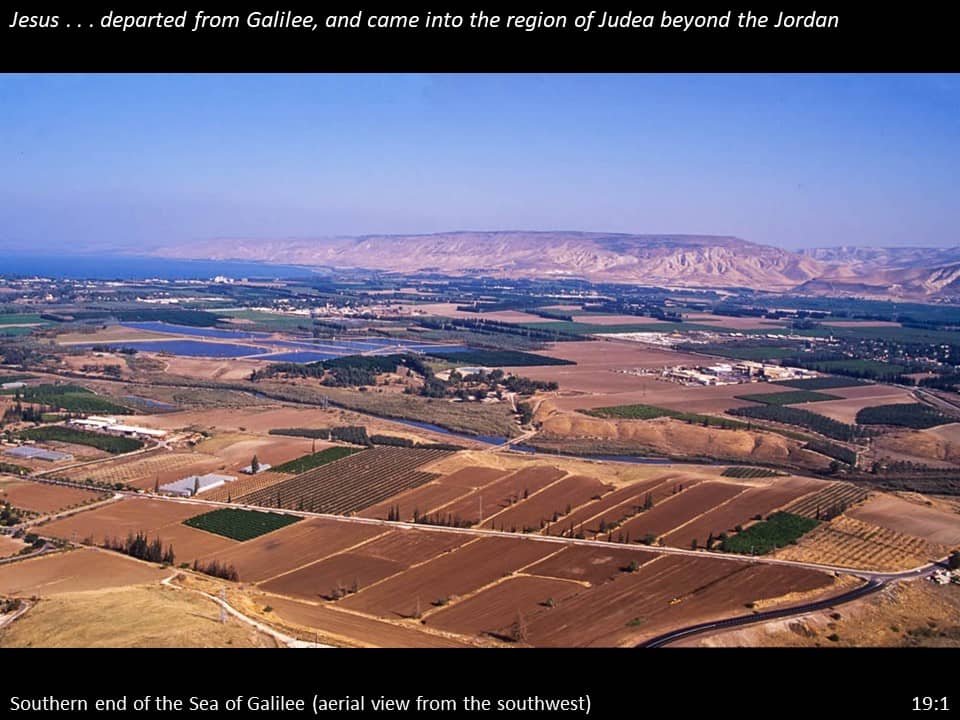
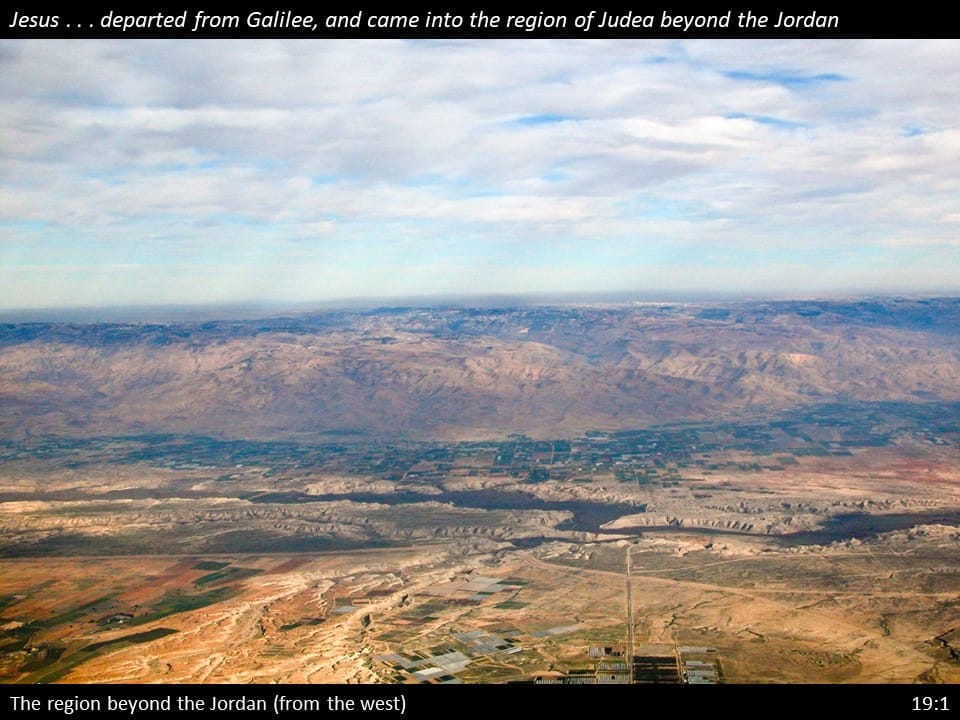
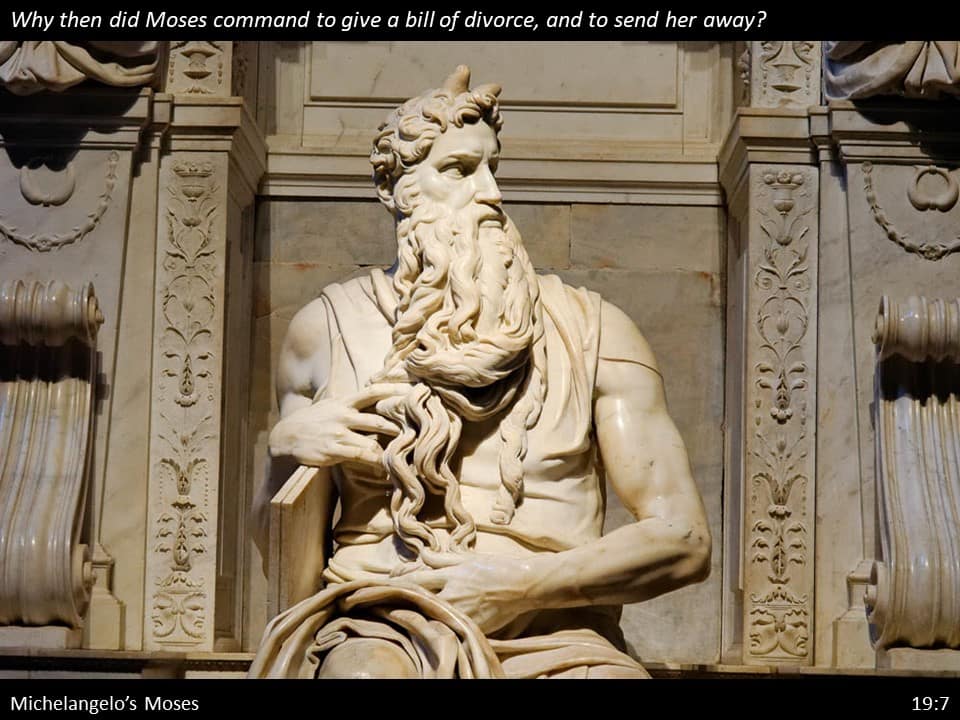
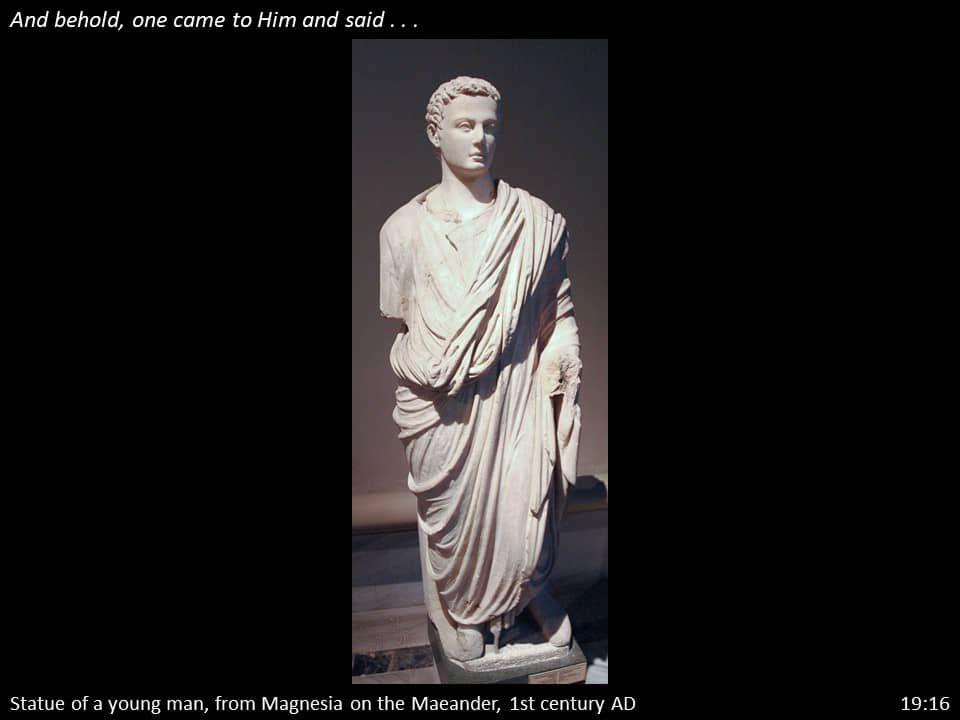
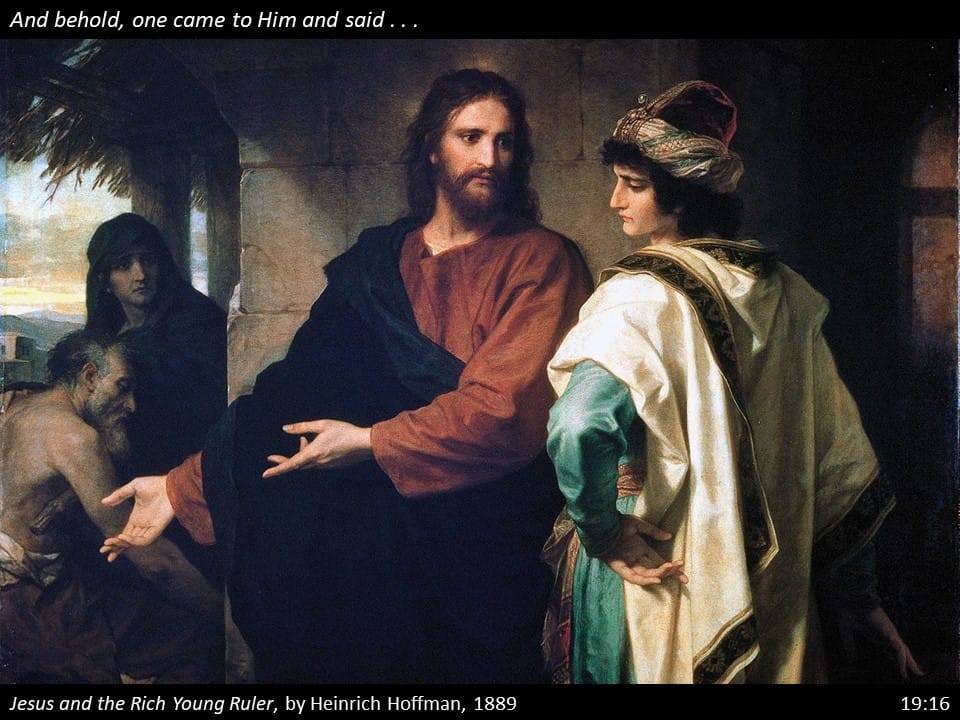
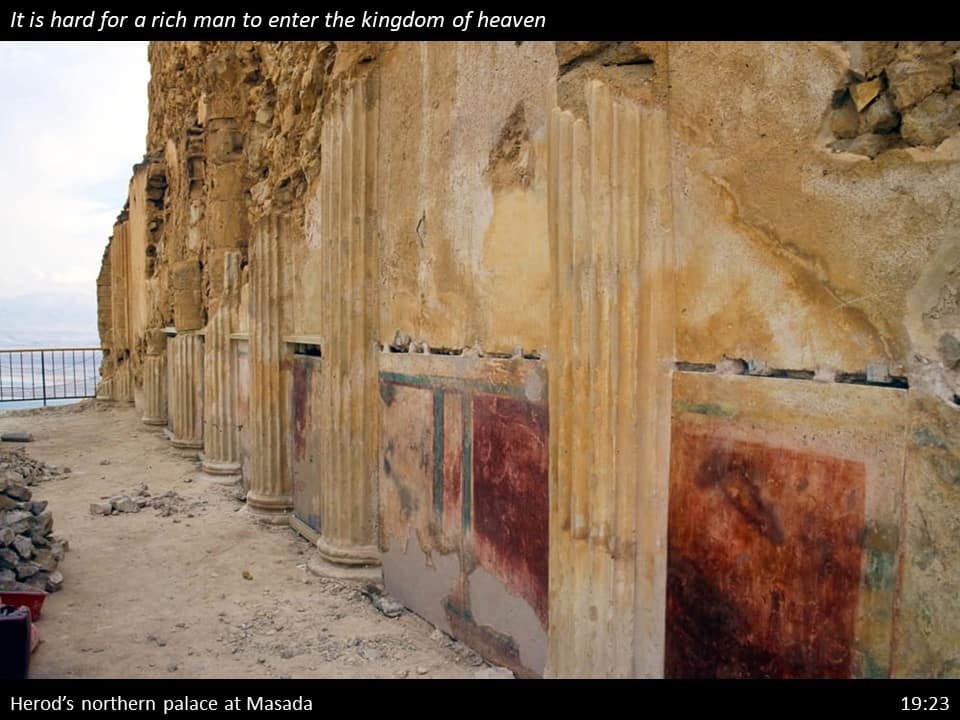

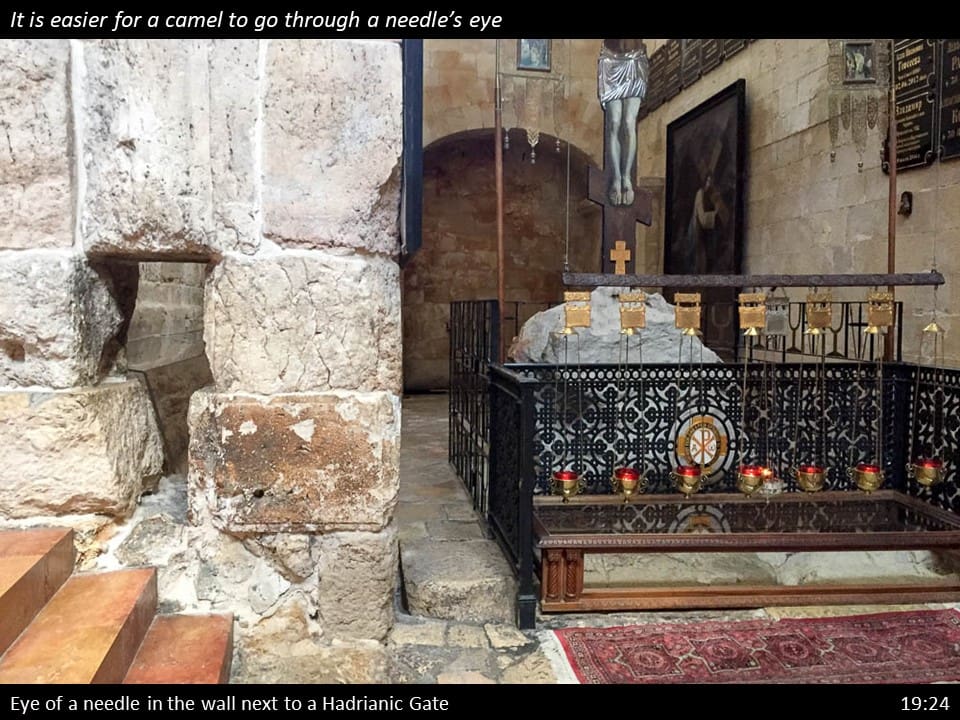
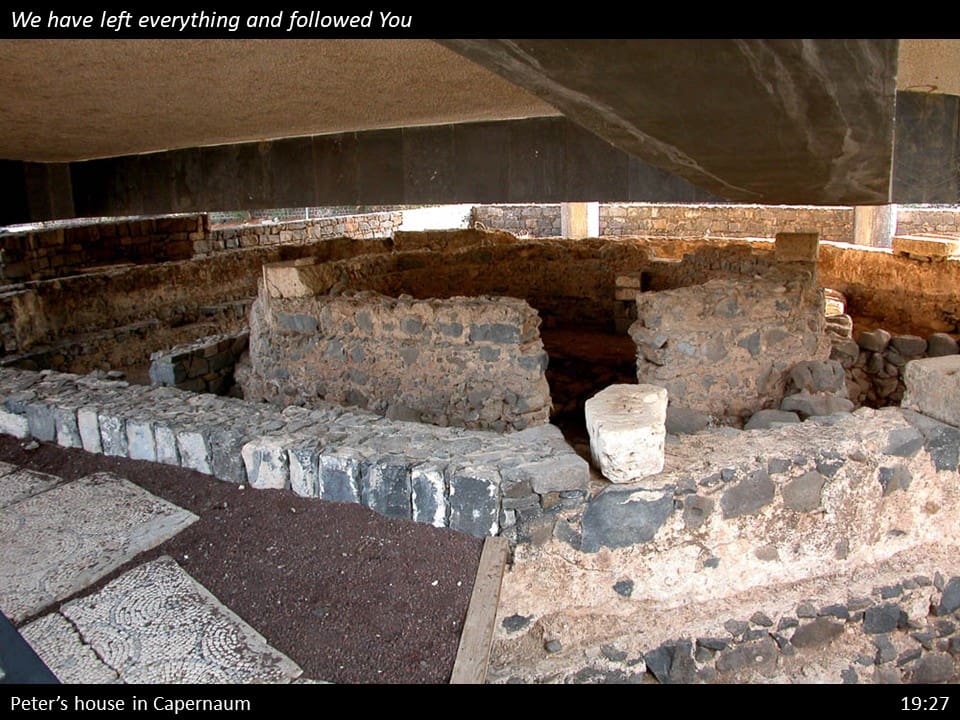
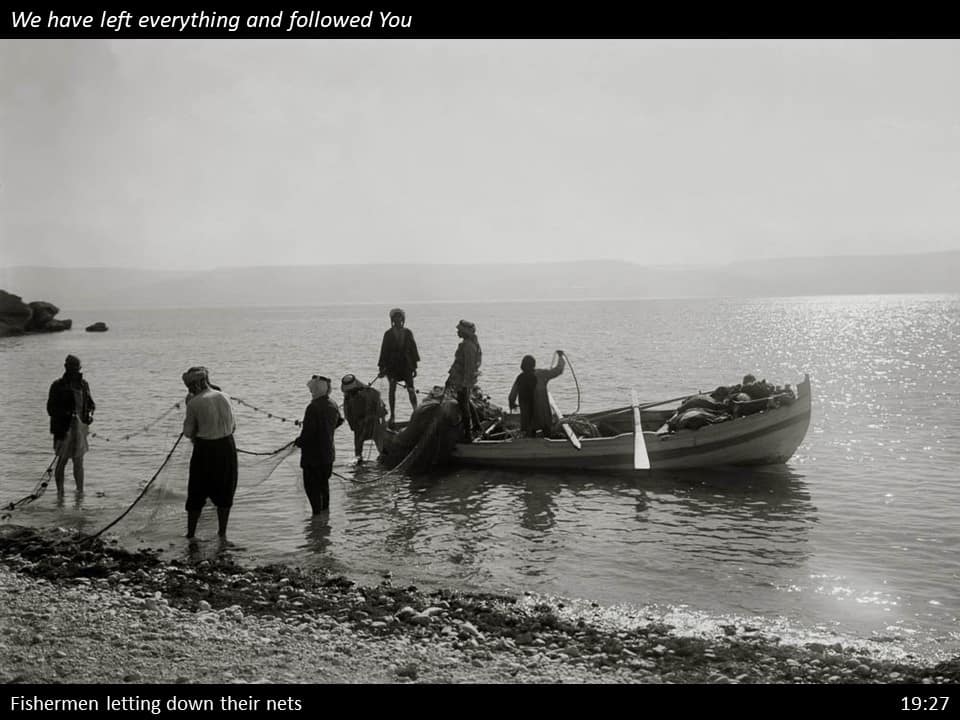
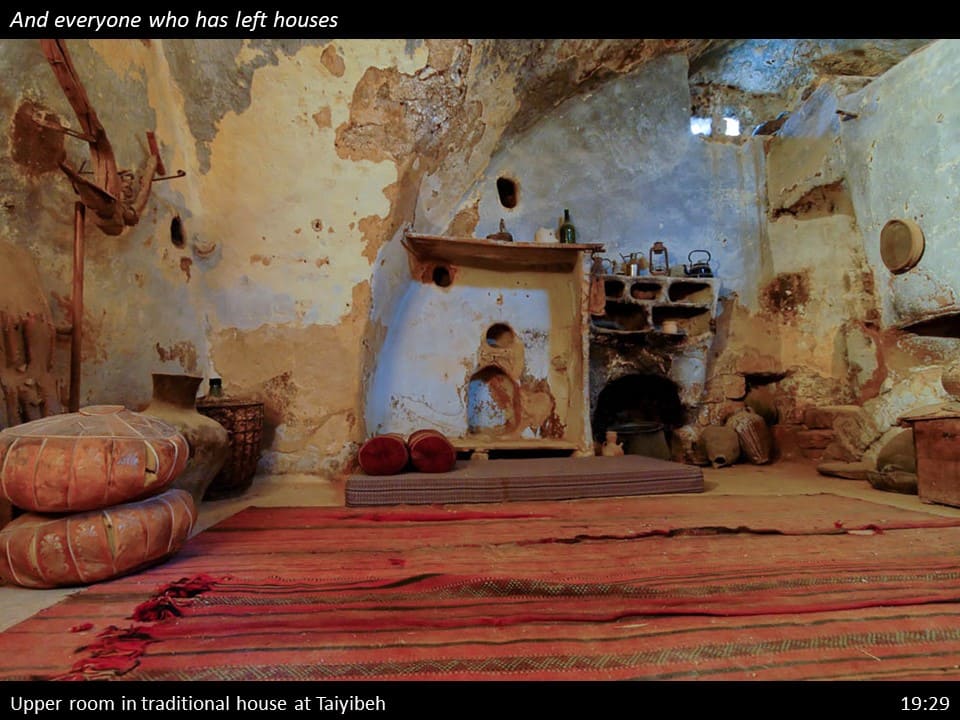
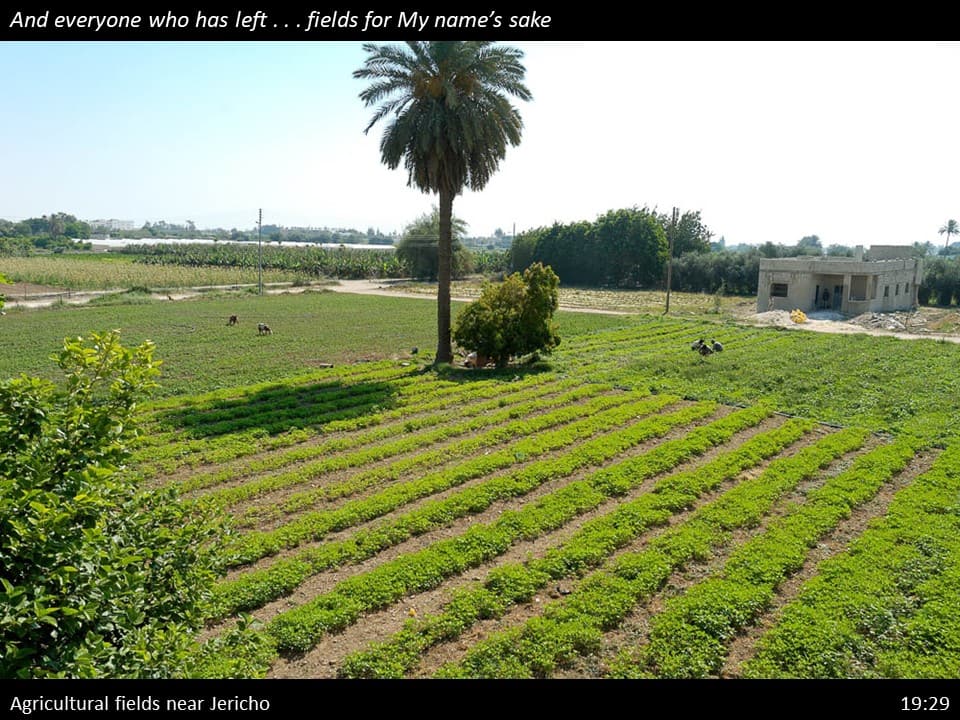
In verses 1-12, Jesus left the region of Galilee, entering Judea beyond the Jordan (this would be Perea). Large crowds followed Him, and He healed them. The Pharisees approached His asking if it was lawful for a man to divorce his wife.
Note: There were two schools of thought on the subject of divorce. Some believed that a man could divorce his wife for nearly any reason, and another group believed that he could divorce her only for the reason of sexual impropriety.
Jesus reminded them of God’s intention for marriage a man and a woman to be one flesh, never to be separated. Moses had allowed divorce only because of the hardness of their hearts (Deuteronomy 21:1-4). Jesus says anyone who divorces except for sexual immorality and remarries is guilty of adultery.
In verses 13-15, parents brought their children to Jesus for healing and prayer. The disciples rebuked the people for bringing the children to Jesus, but Jesus rebuked the disciples saying the kingdom of heaven belonged to such as these, and He healed them.
In verses 16-22, a man who was young, rich, and a ruler approached Jesus. He referred to him as a Teacher, asking what good deeds he would have to perform in order to receive eternal life. Jesus told him to keep all of the law (obey the commandments). The man said he had kept all of these commandments. Jesus told him to go, sell all his possessions, give to the poor, and store up treasures in heaven. The man left sad because he had great wealth.
Note: We never hear about this young man again. Interestingly, in the list of commandments, he needed to keep Jesus did not mention the 10th not to covet (Exodus 20:17). But as the story unfolds, it seems the man loved his money more than God (and that would also make his money an idol; a violation of the 1st commandment (Exodus 20:3).
In verses 23-26, Jesus taught the disciples, saying it is difficult for a rich man to get into heaven because they trust in their riches instead of trusting God.
Note: Jesus illustrated His point by saying it was easier for a camel to go through the eye of a needle. The camel was the largest animal in use by the Jews. As some people suggest, the word for needle means a sewing needle, not a small gate in the city wall.
In verses 27-30, Peter asked Jesus what reward they would have (since they had left all their possessions to follow Jesus just as Jesus had told the rich man to do). On the day of judgment, Jesus said those who had followed Him would sit on twelve thrones judging the tribes of Israel. However, Jesus went on to say anyone who has sacrificed for His sake will have physical blessings and will inherit eternal life.
Matthew 20

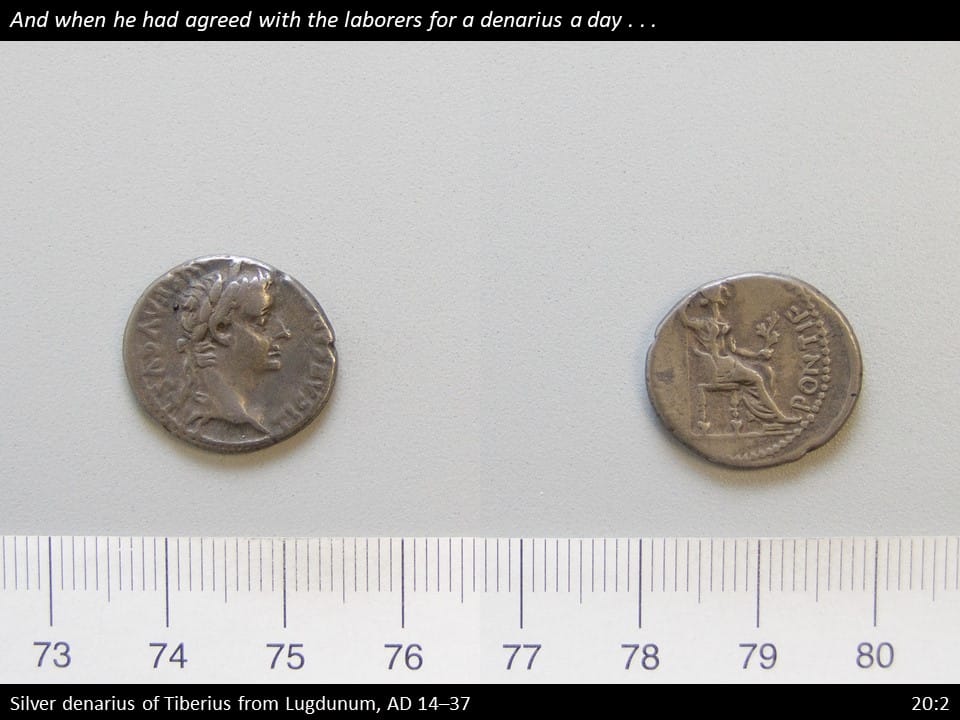
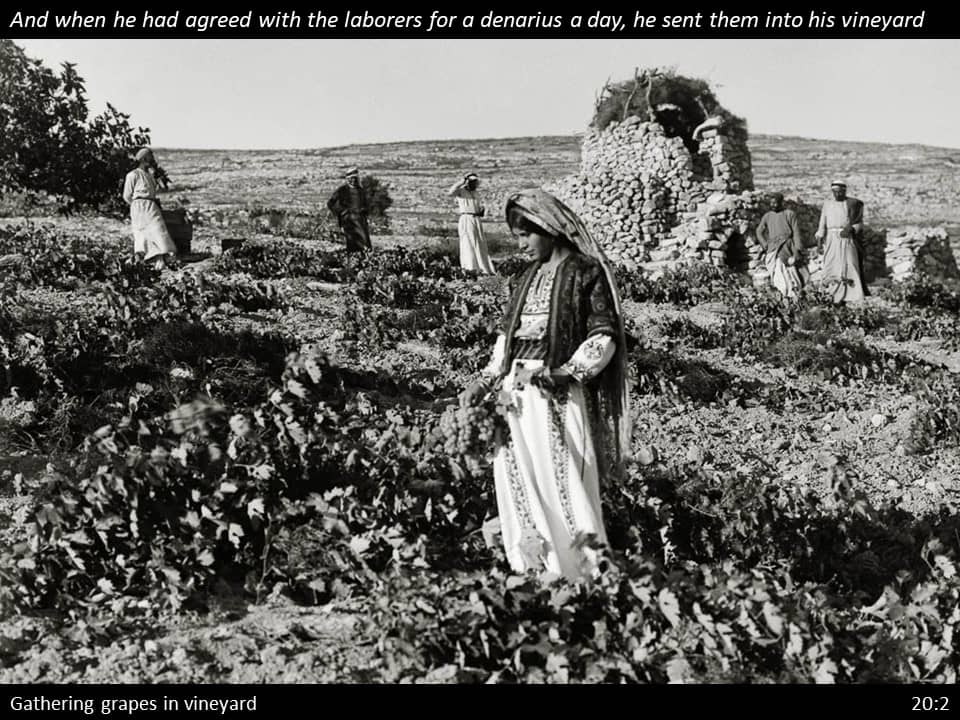



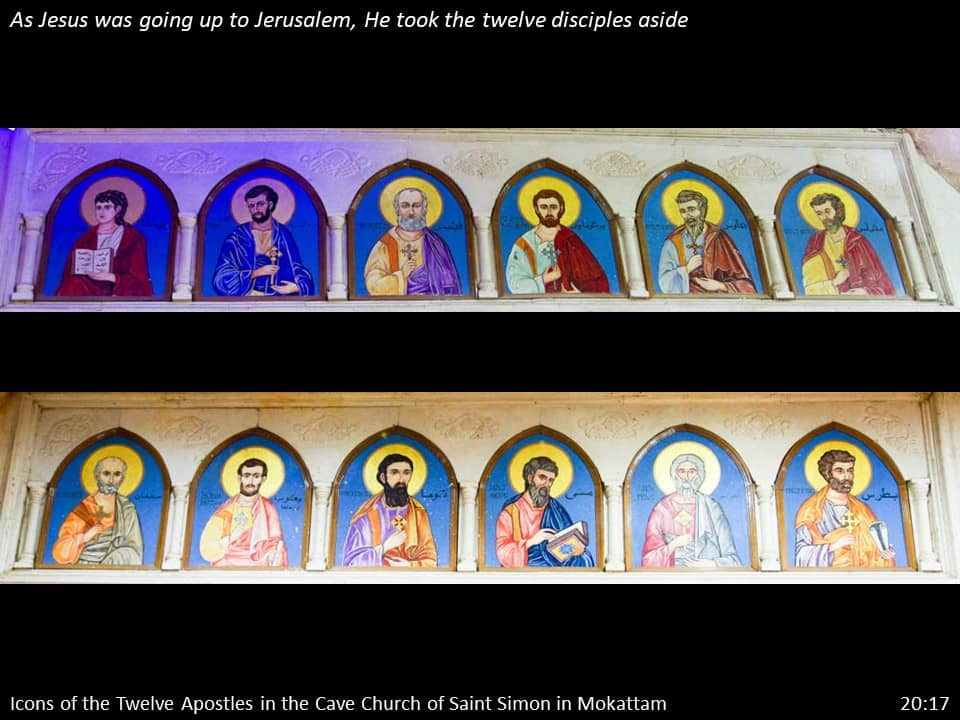


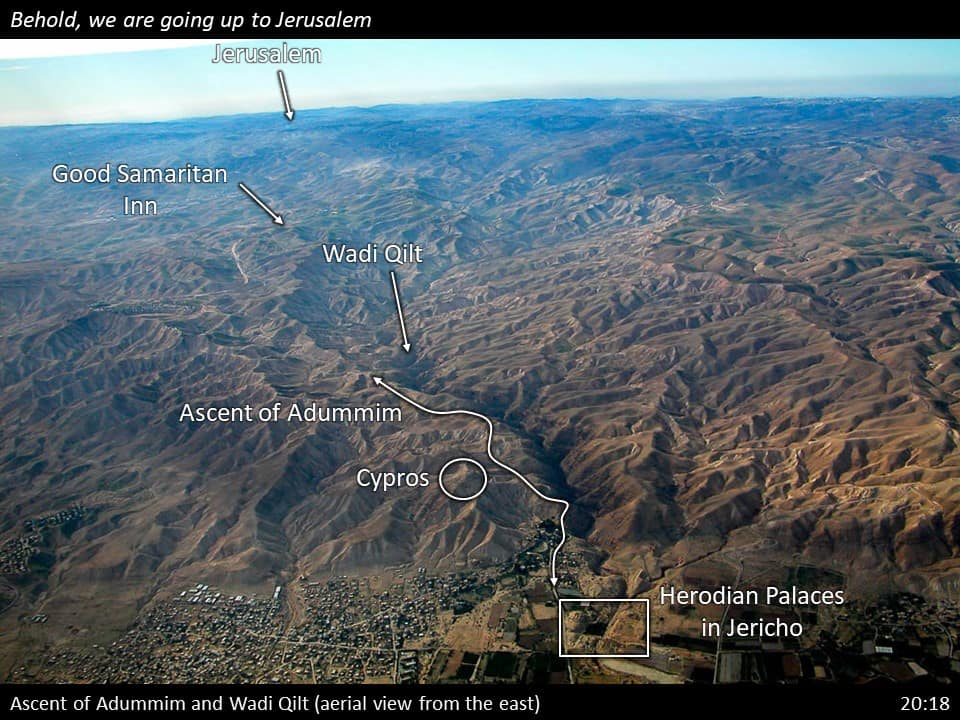
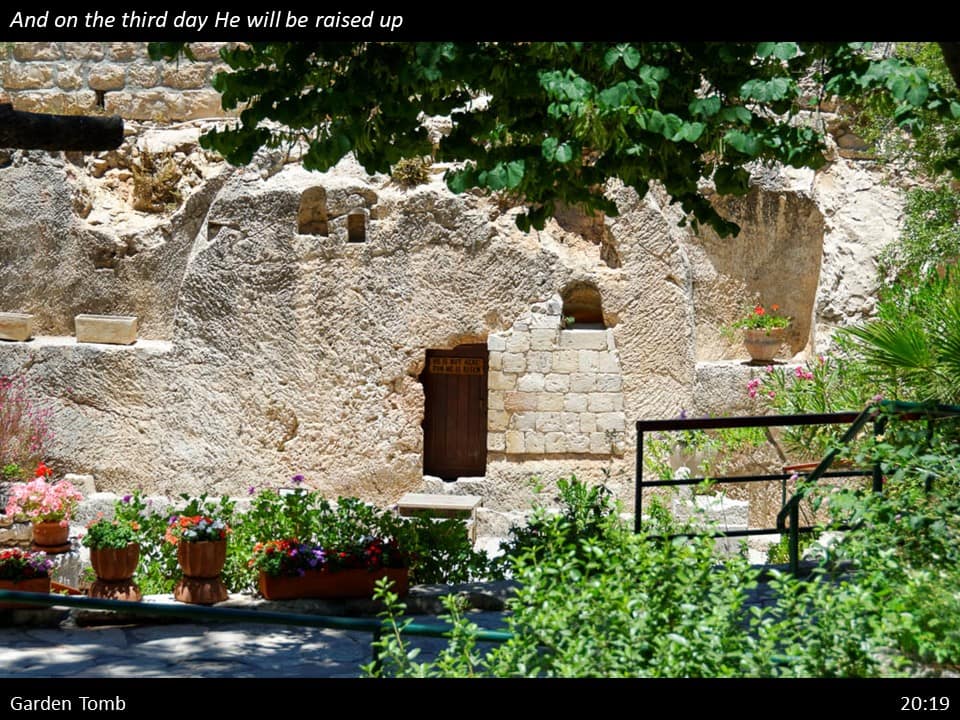
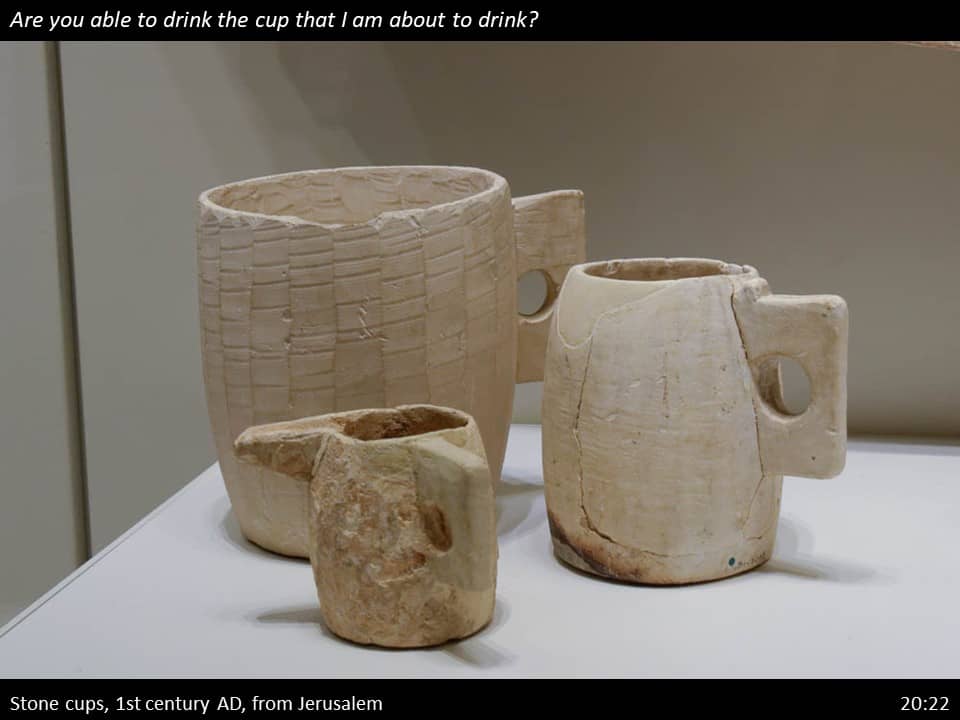
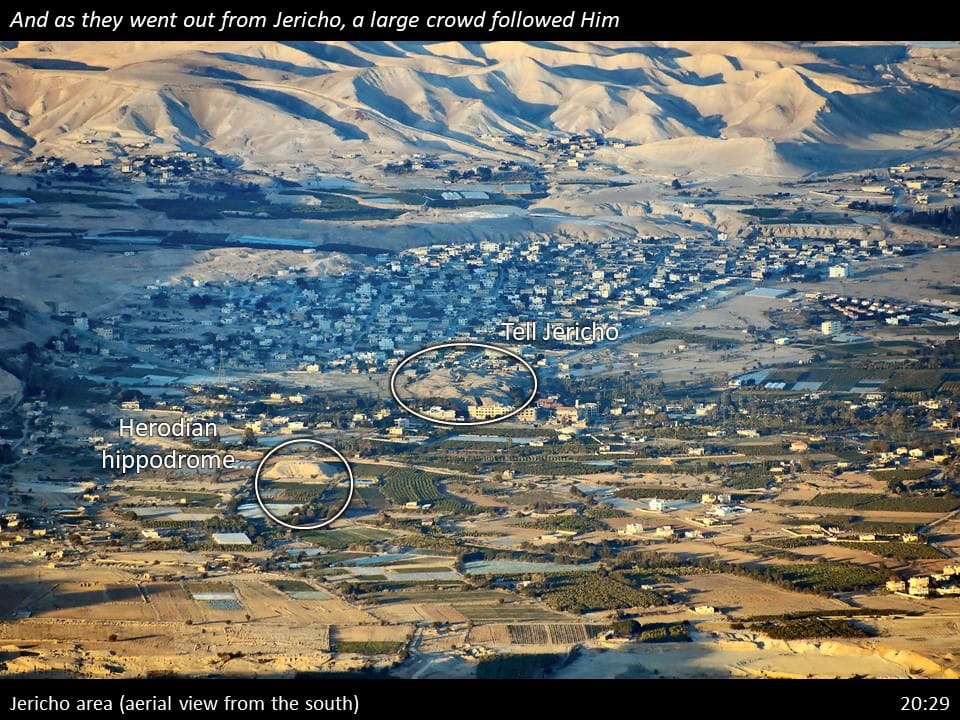
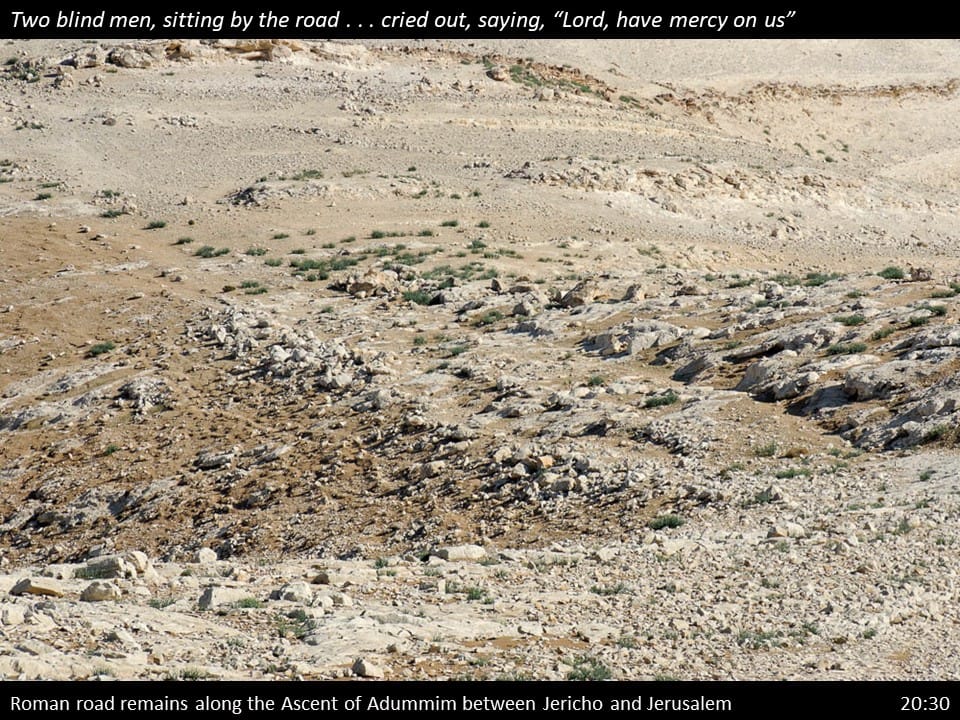
In verses 1-16, Jesus continues the teaching with the parable of the laborers in the vineyard. A landowner hired men for a specific wage, and throughout the day, he hired more men. But at the end of the day, all of the men, even those who worked only part of a day, received the same wage as those who worked all day.
Jesus said the men hired early should not be envious of those hired later because it was the master’s money to do with what he wished. So the lesson of the parable is it is God’s sovereignty to reward those whom He wishes to reward.
In verses 17-19, Jesus, now on His way to Jerusalem, predicts his death a third time. But He reminds the disciples that He will rise again on the third day.
In verses 20-23, the mother of James and John (the sons of Zebedee) asked Jesus for her sons to be seated at his right and left side when He came into His kingdom. Apparently, James and John were with her because Jesus responds, asking James and John if they can drink the cup he was about to drink (suffer like Jesus). They said they were, and Jesus agreed they would suffer as he would suffer. However, the positions of who would sit where were up to the Father.
Note: James and John (and their mother) are still more concerned with positions of prominence, authority, and power than the humility that Jesus had taught about previously.
In verses 24-28, when the other ten disciples heard about this, they were upset, but Jesus warned them not to lord their authority over one another, as the Gentiles and leaders do. Greatness in the Kingdom of Heaven comes from serving, not from the ruling, so they should seek to serve one another.
Jesus concluded using himself as an example. He came to serve, not to be served, and give his life a ransom for many.
Note: The reference to giving His life as a ransom for many speaks to Jesus paying for our sins in His substitutionary death on the cross.
In verses 29-34, as Jesus and the disciples left Jericho, they passed by two blind men who recognized Jesus’ voice and begged to be healed, referring to Jesus as Lord and Son of David.
Note: Their reference to Jesus as Lord, Son of David, is a clear recognition of Jesus as Messiah.
Jesus had compassion on them, healed them, and they followed Him.
Some thoughts for further consideration:
- The disciples often seek positions of prominence, power, and authority despite Jesus' teaching in God’s economy; it is the humble servant who is greatest.
- God expects us to forgive other believers who repent of their sins against us because He has forgiven us much more.
- Marriage is a sacred covenant between a man, a woman, and God. Too often, we forget that God is a partner in our marriages.
- God will reward us for the service we perform for others in His name, but at the same time, we should not be envious of the rewards God chooses to bestow on others.
What did you notice in your study today? Feel free to visit the website and leave a question or a comment.

